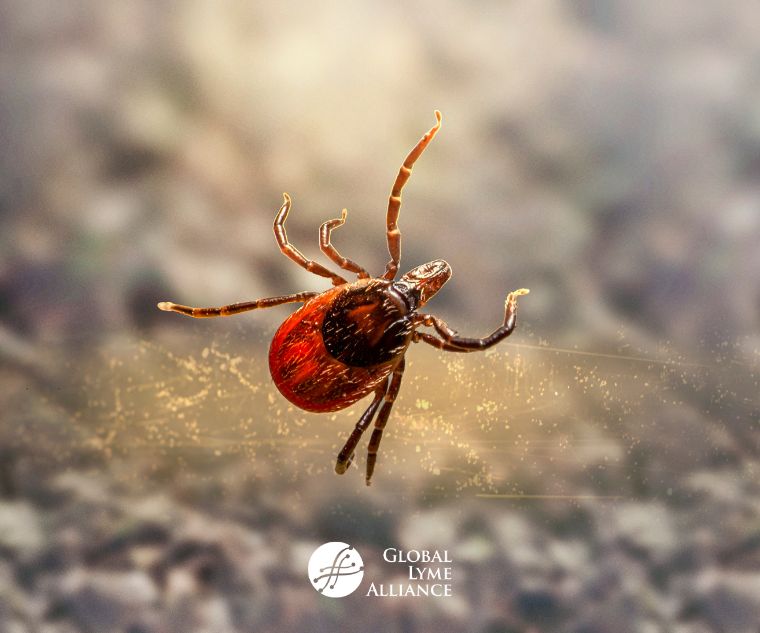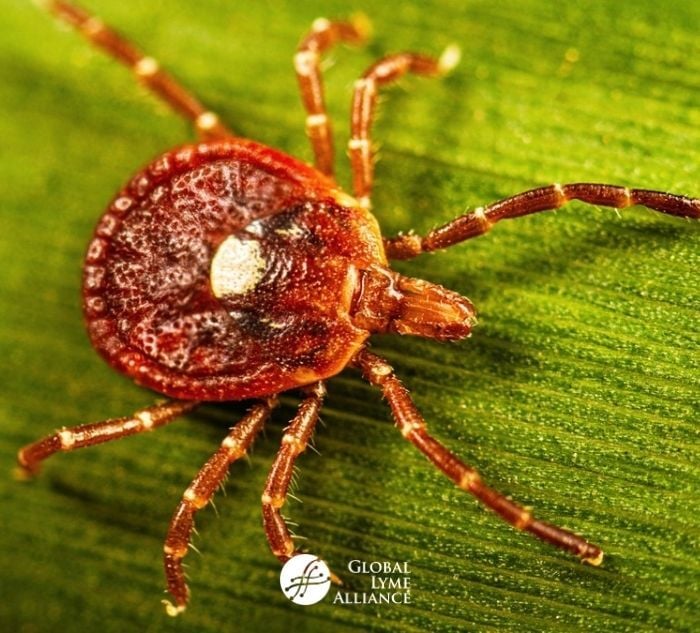
Schumer announced what he called a "war on ticks," a new $160 million push to beat back tick-borne diseases through more research, surveillance, education and eradication.
Written by Carolyn Gusoff for CBS News.
LONG ISLAND, N.Y. -- Tick-borne diseases on the East Coast are on the rise amid a push for more federal funds to combat the problem.
It's worse than ever on Long Island trails. A mild winter means a banner year for deer, dog and lone star ticks.
"Due to climate change, as well as Long Island being overrun by deer, the tick population has skyrocketed," said David Reisfield, president of the Long Island Greenbelt Trail Conference.
Stony Brook University researcher Dr. Jorge Benach, who first identified the agent that causes Lyme disease, said finding ticks and removing them early is key to avoiding potentially crippling diseases.
"The tick that carries the Lyme disease organism carries six other organisms too. They can actually be transmitted together," said Benach, dean of research at Stony Brook. "Those are dangerous because they have the possibility of being fatal."
That's why Sen. Chuck Schumer announced what he called a "war on ticks," a new $160 million push to beat back tick-borne diseases through more research, surveillance, education and eradication.
Click here to read the full article on CBS News.
Sign up for GLA's newsletter below.
The above material is provided for information purposes only. The material (a) is not nor should be considered, or used as a substitute for, medical advice, diagnosis, or treatment, nor (b) does it necessarily represent endorsement by or an official position of Global Lyme Alliance, Inc. or any of its directors, officers, advisors or volunteers. Advice on the testing, treatment or care of an individual patient should be obtained through consultation with a physician who has examined that patient or is familiar with that patient’s medical history.








